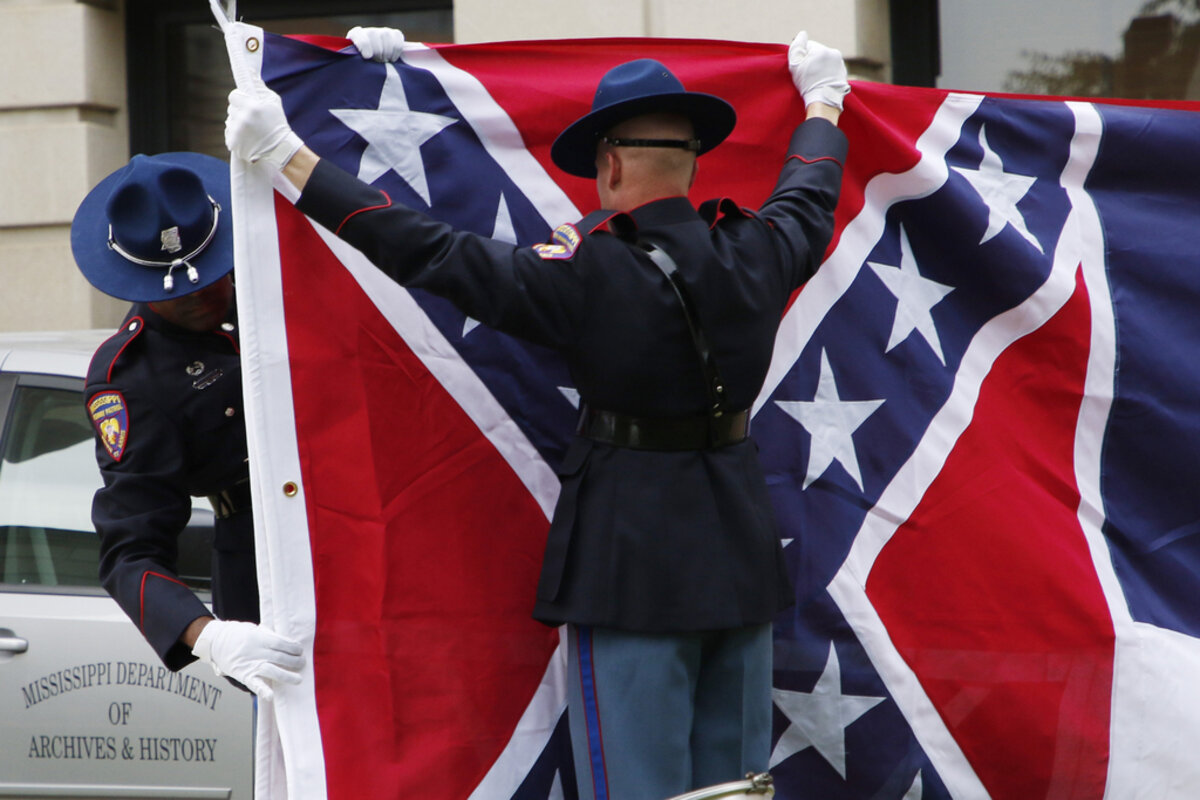Officials call for an army of public health workers who can find, contact, and support those thought to have been exposed to the coronavirus. Some states aren’t prepared.
Monitor Daily Podcast
- Follow us:
- Apple Podcasts
- Spotify
- RSS Feed
- Download
 Mark Trumbull
Mark Trumbull
Over the past few days, three different fossil fuel pipeline projects have, in effect, been shut down at least for now. The details vary, but each case connects to years of effort by local citizens and others pushing for consideration of environmental risks.
On Sunday, Duke Energy and Dominion Energy canceled their planned Atlantic Coast Pipeline for transporting natural gas into North Carolina and Virginia, as opposition and lawsuits pushed up the project’s cost.
On Monday, a federal judge ruled that the Dakota Access Pipeline must shut down until a new environmental review is completed. The Monitor’s Henry Gass covered efforts by Native Americans to prevent this conduit for oil in 2016. Also on Monday, the U.S. Supreme Court rejected the Trump administration’s effort to continue construction of the Keystone XL oil pipeline from Canada to Nebraska. The final outcome of these two pipelines remains to be determined, probably after the coming presidential election.
Even as this moment shows the power of determined individuals, it may also reveal an economic shift. The costs of greenhouse gas emissions to human livelihoods and the planet’s climate are gaining recognition. Meanwhile in a state like North Carolina, solar power can compete with natural gas as an efficient energy source.
Dallas Goldtooth, a Lower Sioux tribe member who helped lead opposition to the Dakota pipeline, on Tuesday retweeted a comment from Andrew McDowell, an official at the European Investment Bank: “Investing in new fossil fuel infrastructure,” Mr. McDowell said, “is increasingly an economically unsound decision.”









